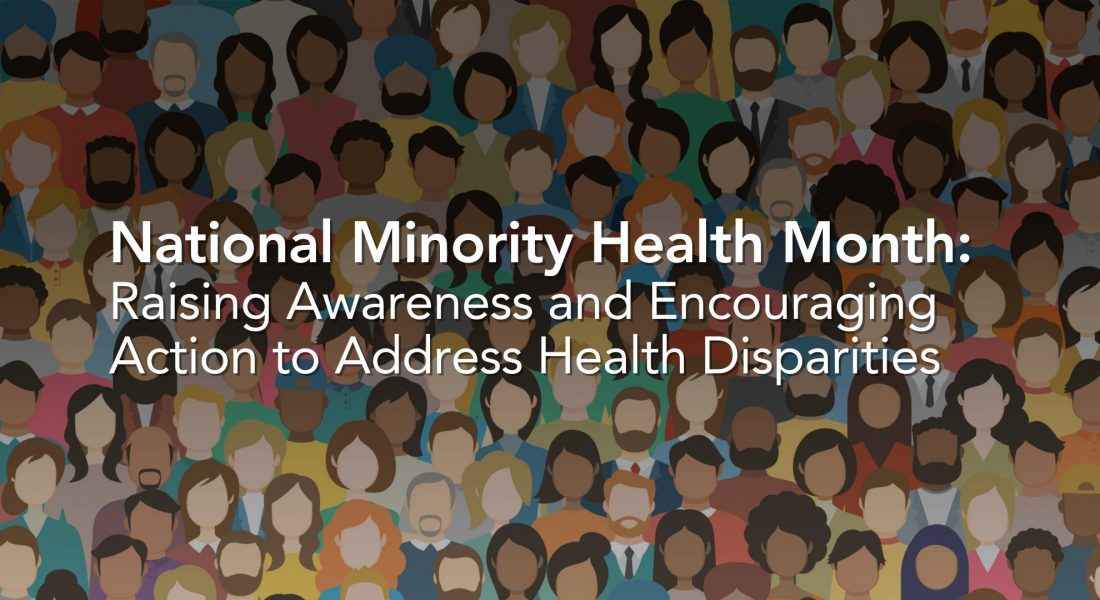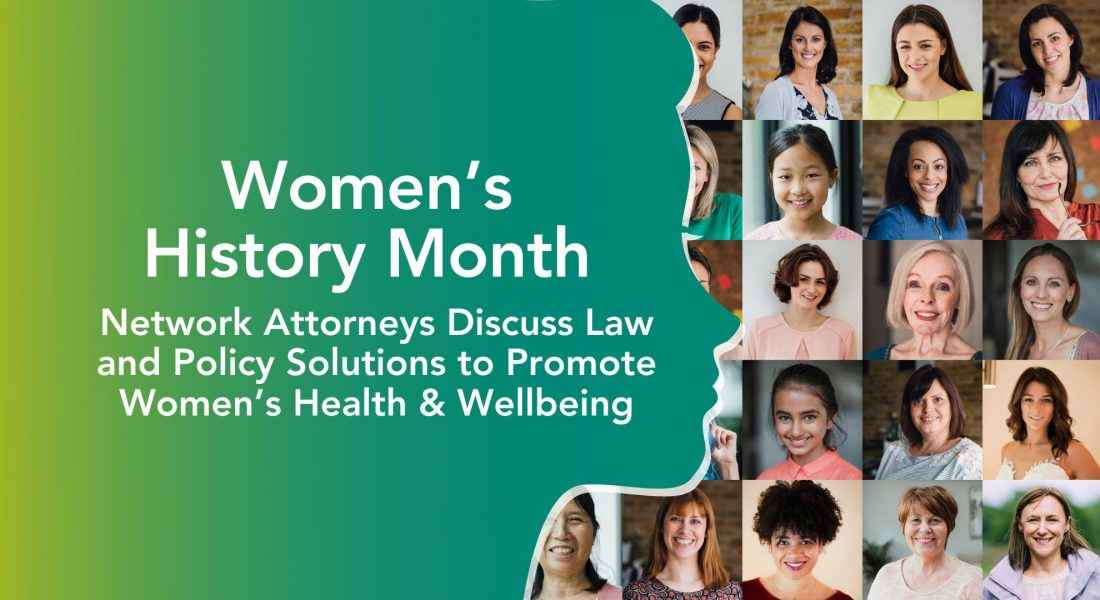
Rethinking and Reducing the Role of Law Enforcement in Suicide Prevention Efforts
Law & Policy InsightsMechanisms for Advancing Health EquityMental Health and Well-BeingRacism as a Public Health CrisisIt’s essential to rethink suicide prevention that involves the use of police, and to forge a new path forward that does not result in additional trauma or even death of the very persons whose life—and quality of life—suicide prevention advocates are seeking to protect.











